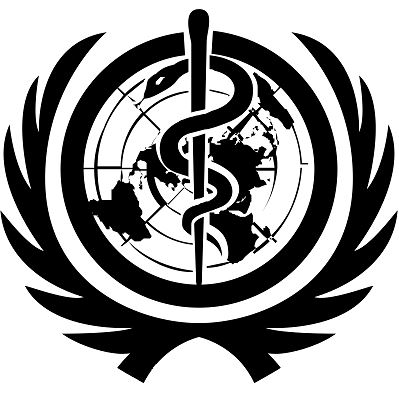Submitting Swedish sovereignty to a supranational organization requires constitutional amendment.

Whether its NATO or the WHO: Submitting Swedish sovereignty to a supranational organization requires constitutional amendment.
Before the Swedish parliament can transfer powers to a supranational organization where such a transfer conflicts with constitutional law, the constitution must be amended beforehand. There are two ways that the Swedish constitution can be changed. Either two successive parliaments, either side of a parliamentary election, must vote the proposal through.1 Alternatively a referendum can be held in conjunction with a parliamentary election. In this case, the result may be binding rather than advisory, as has been the case previously. A referendum of this type has only two options, “Yes” or “No”, and is binding if the majority vote “No” and constitute more than 50% of the number of people that vote in the same parliamentary election. If the majority vote “Yes”, it is not directly binding, but the proposed change to the constitution can be passed by the newly elected parliament via a simple majority.
A constitutional amendment via successive parliaments, or a referendum, would be required, for Sweden to join NATO, if a handover of constitutional powers to NATO were to occur in a war situation. It would also be required for Sweden to adopt the ongoing proposals of the WHO (including amendments to the International Health Regulations and the Pandemic Treaty – CA+)2, whereby decision-making power would be transferred to the WHO in the event of the WHOs Director General again declaring a Pandemic Health Emergency of International Concern (PHEIC), as he did in 2020 for COVID-193, or even in 2022 for Monkeypox4.
Should the Swedish government choose to transfer constitutional powers to either NATO, or the WHO, without first changing the constitution, this would constitute a violation of the constitution itself.
This applies even if Sweden is already a member of the organization concerned, as it is for the WHO, as stated in Chapter 8, Section 4 with reference to Section 2, second paragraph of the Instrument of Government:
2 § Regulations shall be promulgated by law if they relate to
- the relationship between individuals and the public, provided that the regulations relate to obligations for individuals or otherwise relate to intervention in the personal or financial circumstances of individuals.5
If Sweden is already a member of an organization that only has recommendatory powers, and these are subsequently changed to governing powers, this would require a constitutional amendment. Hence, if the WHO receives a mandate from the Swedish Government to determine the nation’s response to a future PHEIC, the Government must first propose a legislative amendment to enable such a transfer of power to occur.
The transference of power to a supranational organization is an important and significant issue affecting both the country’s sovereignty and its decision-making capacity. Therefore, such a process would normally require very careful evaluation, open political debate, and a democratically validated legislative amendment. It is important to ensure that such transfers are compatible with long-term national interests, legal principles and the fundamental rights of both individuals and minority groups.
So, the question that every person in Sweden should really be asking is: ‘Why are the Swedish Government currently negotiating both accession to NATO, as well as planning to cede sovereignty to the WHO in the event of a new pandemic?’ Under the WHO’s proposals, this does not even need to be a real pandemic – it could be suspected, or even an environmental threat, which the WHO themselves define and the Director General will be able to declare on his own, as he did with Monkeypox. Is this what Swedish democracy has become? Do we live in a democracy, or is this actually a third world oligarchy?
The Doctors’ Appeal
1 https://lagen.nu/begrepp/Grundlag
2 https://jamesroguski.substack.com/p/the-who-timeline-of-events
3 https://www.who.int/publications/m/item/covid-19-public-health-emergency-of-international-concern-(pheic)-global-research-and-innovation-forum
4 https://www.who.int/europe/news/item/23-07-2022-who-director-general-declares-the-ongoing-monkeypox-outbreak-a-public-health-event-of-international-concern
5 https://www.riksdagen.se/sv/dokument-och-lagar/dokument/svensk-forfattningssamling/kungorelse-1974152-om-beslutad-ny-regeringsform_sfs-1974-152/#K8

